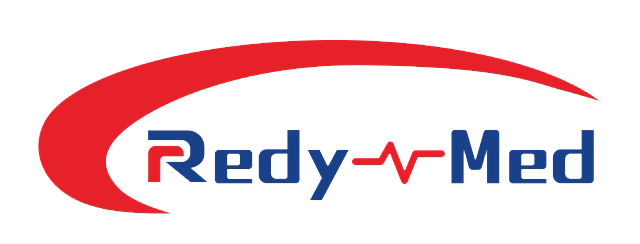Electrocardiogram (ECG) cables play a crucial role in cardiac care
providing essential data that helps healthcare professionals monitor heart health effectively. In this blog, we will delve into the various benefits of ECG cables, their technological advancements, and their impact on patient outcomes.
Understanding ECG Cables
ECG cables are integral to the process of electrocardiography, a procedure that records the electrical activity of the heart. These cables connect electrodes placed on the patient's skin to an ECG machine, allowing for real-time monitoring of heart rhythms. The significance of ECG cables cannot be overstated, as they facilitate timely interventions in critical situations. With advancements in technology, modern ECG cables are designed to be more reliable, durable, and user-friendly, catering to the needs of both healthcare providers and patients.
Enhanced Patient Monitoring
One of the primary benefits of ECG cables is their ability to enhance patient monitoring. High-quality ECG cables ensure accurate signal transmission, which is vital for diagnosing various cardiac conditions. The clarity of the data obtained from these cables can significantly influence treatment decisions. Moreover, the latest ECG cables are equipped with features such as noise reduction and improved connectivity, which further enhance the accuracy of readings. This level of precision is especially important in emergency care settings, where every second counts.
User Comfort and Convenience
In addition to their technical advantages, modern ECG cables have been designed with user comfort in mind. Lightweight and flexible materials make these cables easier to handle, reducing the discomfort often associated with traditional ECG setups. Furthermore, advancements in wireless technology have led to the development of wireless ECG cables, which eliminate the hassle of tangled wires and allow for greater patient mobility. This feature is particularly beneficial in hospital environments where patients need to move around for various tests and treatments.
Cost-Effectiveness and Efficiency
Investing in high-quality ECG cables can lead to long-term cost savings for healthcare facilities. Durable cables reduce the need for frequent replacements, while their reliability minimizes the risk of errors that could lead to costly misdiagnoses. Additionally, efficient ECG cables streamline the workflow for healthcare providers, allowing them to focus on patient care rather than technical issues. This efficiency ultimately translates to improved patient outcomes and satisfaction.
Future Trends in ECG Technology
As we look to the future, the field of ECG technology is poised for significant advancements. Innovations such as artificial intelligence (AI) integration and telemedicine capabilities are on the horizon, promising to revolutionize cardiac care. AI algorithms can analyze ECG data in real-time, providing healthcare professionals with actionable insights and aiding in early detection of heart conditions. Telemedicine applications will enable remote monitoring of patients, making cardiac care more accessible than ever.
In conclusion, ECG cables are a vital component of cardiac care
offering numerous benefits that enhance patient monitoring, comfort, and overall healthcare efficiency. As technology continues to evolve, the future of ECG cables looks promising, with innovations that will further improve patient outcomes and streamline healthcare delivery.

